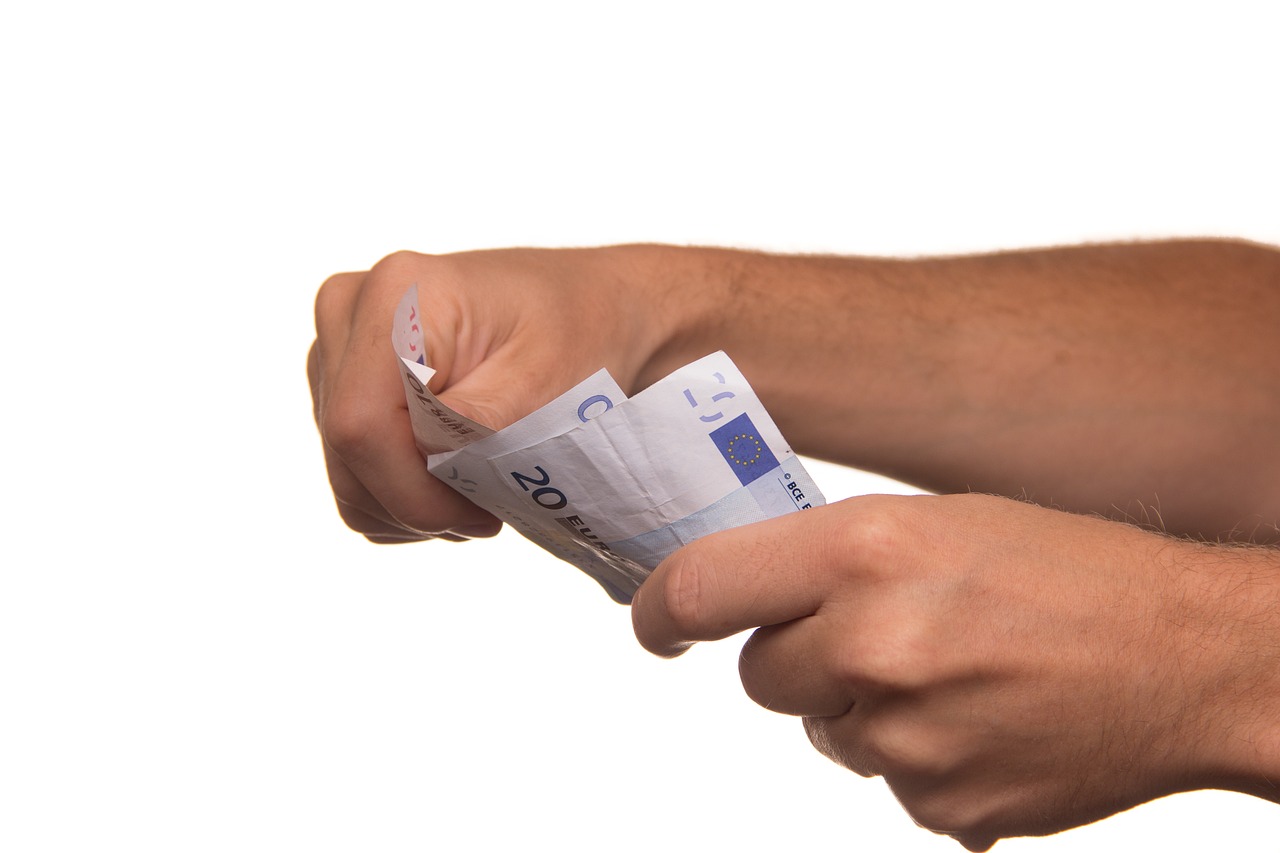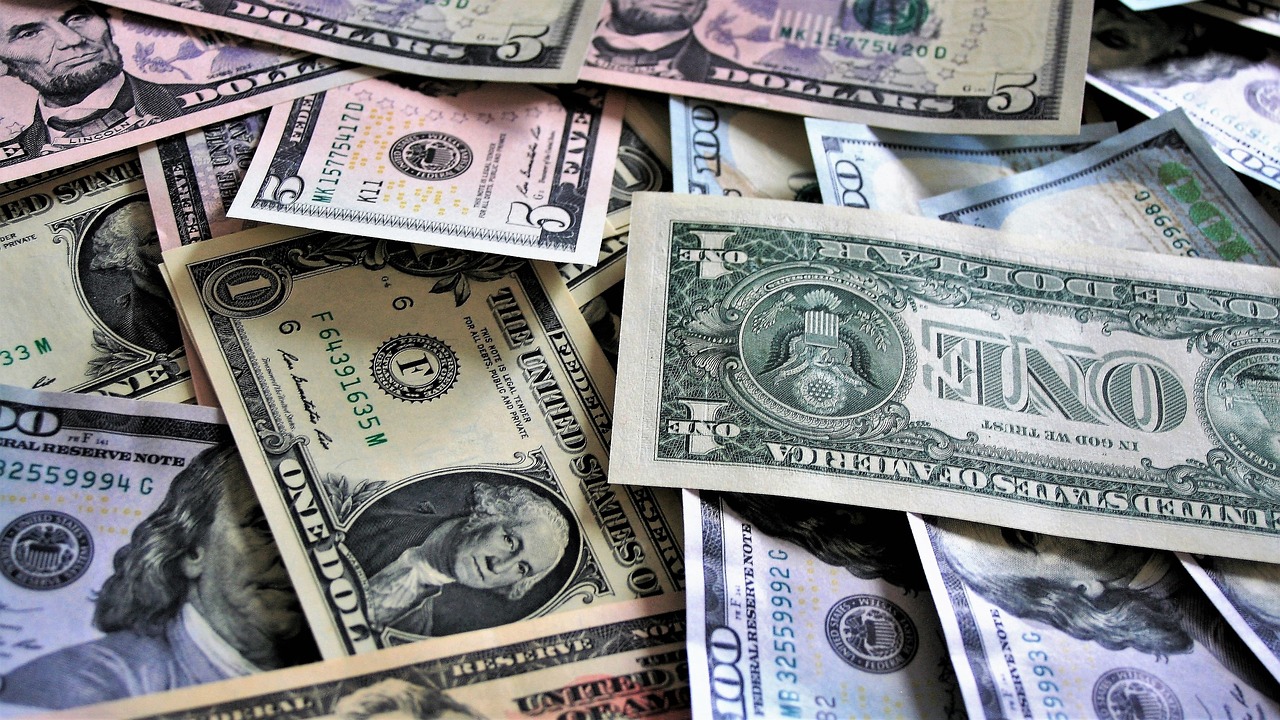Sending Money to France: International Transfer or Bank? Uncover the Best Method, Restrictions, and Tracking Options!
GPT_Global - 2024-02-29 15:30:06.0 590
Is it better to use an international money transfer service or a bank for sending money to France?
When it comes to sending money to France, you have a few options to choose from. One of the most common methods is using an international money transfer service, such as Western Union or TransferWise. However, many people may wonder if it's better to stick with the traditional route and use their bank for the transaction. In this article, we'll take a look at the pros and cons of each option to help you decide which is the best choice for your remittance needs.
International Money Transfer Services
Using an international money transfer service has several advantages. These services are typically quick and easy to use, allowing you to send money to France within a matter of minutes. They also offer competitive exchange rates and lower fees compared to banks. Plus, with the rise of online and mobile options, you can initiate transfers from the comfort of your own home.
However, there are also some drawbacks to consider. Depending on the service you choose, the maximum amount you can send may be limited. Additionally, you may need to create an account and provide personal information before you can make a transfer. Some services may also require the recipient to have an account with the same transfer provider in order to receive the funds.
Banks
Traditionally, people have used banks to send money internationally. While banks offer the convenience of being widely accessible, they also tend to have higher fees and less competitive exchange rates compared to money transfer services. Additionally, the process can be more complicated and time-consuming, especially if you need to send the funds to a specific bank account or branch in France.
However, if you already have an existing relationship with a bank and are comfortable using their services, it may still be a viable option for sending money to France.
Conclusion
In the end, the best choice for sending money to France will depend on your personal preferences and needs. If you value speed and convenience, an international money transfer service may be the way to go. On the other hand, if you prefer the security and familiarity of your bank, it may be worth sticking with them. Whichever option you choose, always make sure to compare fees and exchange rates to get the best deal possible.

Are there any restrictions on what types of currency can be sent to France?
France has specific restrictions on the types of currency that can be sent to the country through remittance services. In order to comply with these regulations, it is important to be aware of the limitations when sending money to France.
The official currency of France is the Euro, and this is the only accepted currency for remittance transactions in the country. This means that any other currencies, such as US dollars or British pounds, cannot be sent to France through remittance services.
Another restriction to keep in mind is that the maximum amount of cash that can be brought into France without declaring it is 10,000 euros or equivalent. This applies to both French and foreign currencies. If the amount being sent through remittance exceeds this limit, it must be declared to the French customs authorities.
It is also important to note that there may be additional fees and charges associated with converting other currencies into euros. These fees can vary between different remittance service providers, so it is important to compare rates and fees before choosing a provider.
In addition to these restrictions, France also has laws in place to prevent money laundering and fraudulent activities. This means that remittance transactions may be subject to thorough scrutiny and documentation requirements. It is essential to provide accurate and detailed information when sending money to France through a remittance service to avoid any delays or issues.
Overall, when sending money to France through a remittance service, it is best to stick to Euros as the only acceptable currency and be aware of any monetary limits and fees. By following these restrictions, you can ensure a smooth and hassle-free transaction.
Can I track my money transfer to France?
Sending money to France can be a worry for many people, especially when it comes to tracking the transfer. Fortunately, with today's technology, it is easier than ever to track your money transfer to France. Here are some ways you can keep an eye on your funds:
1. Check with your remittance service provider: The first step is to contact your remittance service provider and ask them about their tracking options. Most reputable providers offer online tracking services, allowing you to monitor the status of your transfer at any time.
2. Use a tracking number: When you send money to France, you will be given a tracking number for your transaction. This number is unique to your transfer and can be used to track its progress. Make sure to keep this number safe and use it when checking on your transfer.
3. Monitor your bank account: If you have sent money through your bank, you can also monitor your bank account for any incoming deposits. This is another way to confirm that your transfer has reached its destination in France.
4. Use a mobile app: Some remittance service providers have mobile apps that allow you to track your transfer on-the-go. This can be convenient, especially if you are constantly on the move.
5. Contact customer support: If all else fails, do not hesitate to contact the customer support team of your remittance service provider. They will be able to provide you with updates and help resolve any issues you may encounter.
Tracking your money transfer to France is important for peace of mind and to ensure that your funds reach their intended recipient. By following these steps, you can easily keep an eye on your transfer and make sure everything goes smoothly. Now, you can send money to France with confidence and ease!
What documents do I need to provide when sending money to France?
If you are looking to send money to France, there are a few documents that you will need to provide in order to complete the transaction smoothly. These documents are necessary for the remittance business to comply with regulations and ensure the safety of your funds. Here are the documents you will need to gather before sending money to France.
1. Identification documents: The first and most important document you will need is a valid government-issued identification, such as a passport or driver's license. This will verify your identity and ensure that the money is being sent by the correct person.
2. Proof of address: In addition to your ID, you will also need to provide a proof of your current address. This can be a utility bill, bank statement, or any other official document that clearly states your name and address.
3. Recipient information: You will also need to provide the details of the recipient, including their full name, address, and bank account information. Make sure to double-check this information to avoid any delays or errors in the transfer.
4. Purpose of transaction: Some remittance businesses may also require you to state the purpose of your transaction. This is to ensure that the funds are not being used for illegal activities.
5. Proof of income: If you are sending a large amount of money, the remittance business may ask for proof of your income. This can be in the form of a recent pay stub or tax return. This is to ensure that the funds being sent are from a legitimate source.
6. Transaction fees: Lastly, you will need to provide the necessary funds to cover the transaction fees. These fees may vary depending on the remittance business you use, so make sure to inquire about them beforehand.
By providing these documents, you can ensure a smooth and hassle-free process when sending money to France. It is always best to gather these documents before initiating the transaction to avoid any delays or complications. Remember to choose a reputable remittance business for your transfer to ensure the safety and timely delivery of your funds.
Is there a specific time of day that is best for sending money to France?
Sending money to France can be a hassle-free process if you know the right time of day to do it. Whether you are sending money to family or friends, or making a business transaction, timing is crucial when it comes to remittance to France. Here are some tips on choosing the best time of day to send money to France. Firstly, consider the time difference between your country and France. France is 9 hours ahead of Pacific Standard Time, so it’s important to factor in the time zones when deciding on the best time to send money. It’s best to send money during mid-morning or early afternoon in your time zone, as this will ensure that your recipient receives the funds during regular banking hours in France. Another important factor to consider is the day of the week. In France, banks are closed on weekends, so it’s recommended to avoid sending money on Fridays, especially if it’s a holiday. This will prevent any delays in processing your transaction and ensure that the money reaches your recipient in a timely manner. It’s also worth noting that most banks in France close at around 5 pm, so it’s advisable to send money before this cut-off time. If you’re sending money from a different time zone, make sure to check the local time in France to avoid sending money outside of banking hours. If you’re using a remittance service, it’s important to consider their processing time for international transfers. Some services may take longer to process transactions, so plan ahead and send money early in the day to avoid any delays. In conclusion, the best time of day to send money to France would be during weekdays, preferably mid-morning or early afternoon to coincide with regular banking hours in France. Avoid sending money on weekends and holidays to prevent any delays, and make sure to check the processing times of your chosen remittance service. With careful planning and consideration, you can ensure that your money reaches its destination in a timely and efficient manner.
About Panda Remit
Panda Remit is committed to providing global users with more convenient, safe, reliable, and affordable online cross-border remittance services。
International remittance services from more than 30 countries/regions around the world are now available: including Japan, Hong Kong, Europe, the United States, Australia, and other markets, and are recognized and trusted by millions of users around the world.
Visit Panda Remit Official Website or Download PandaRemit App, to learn more about remittance info.



